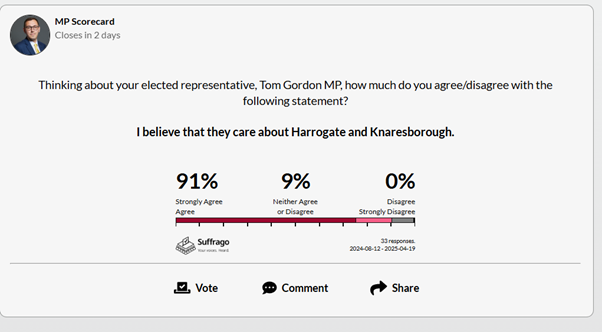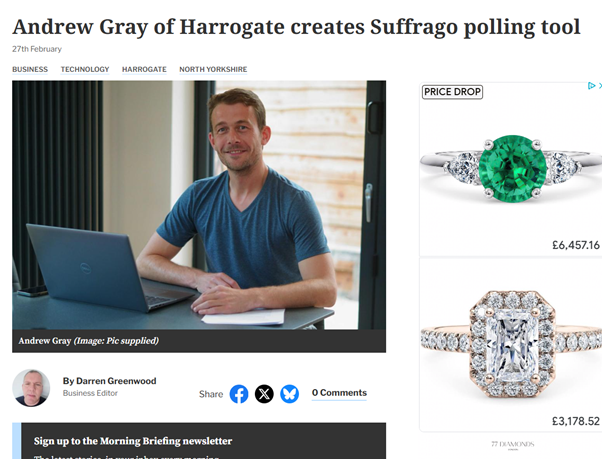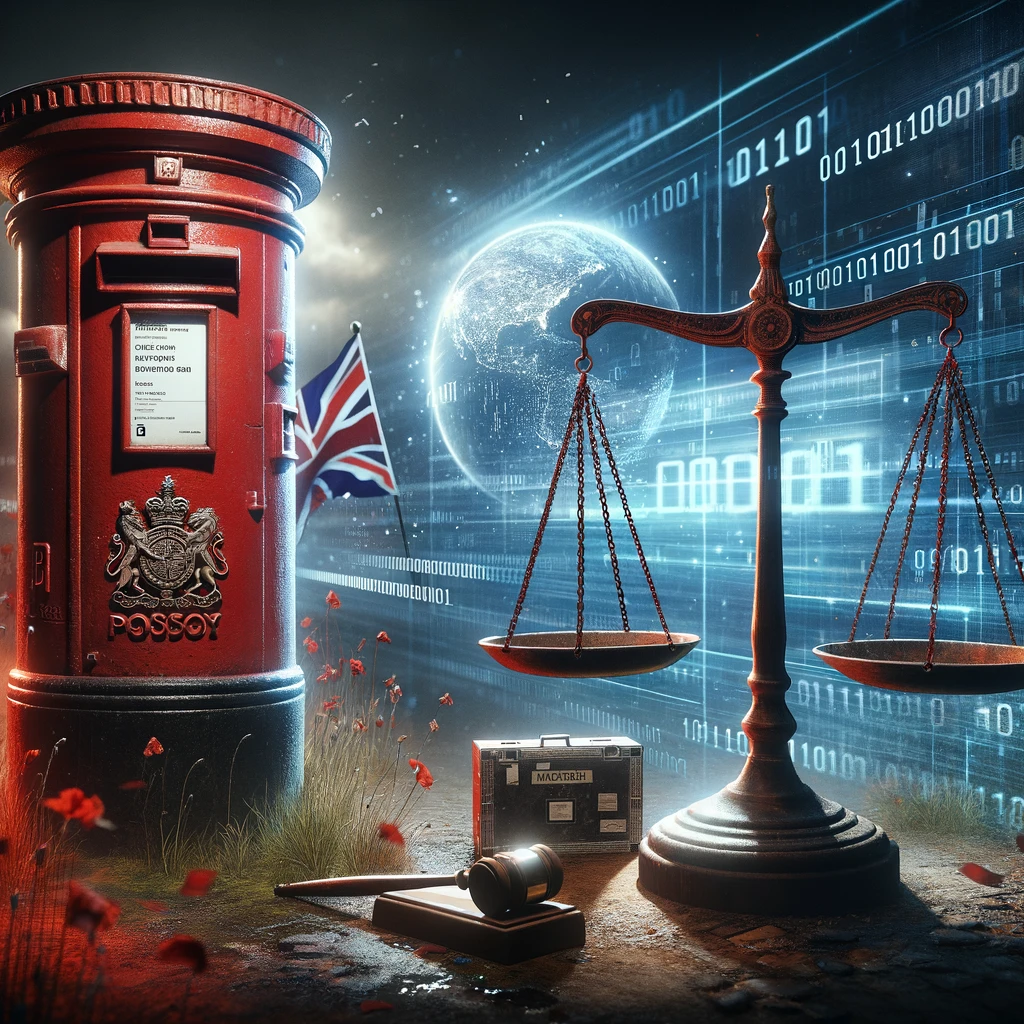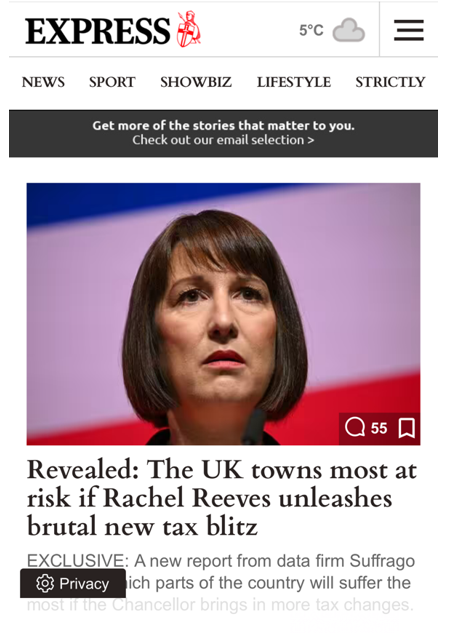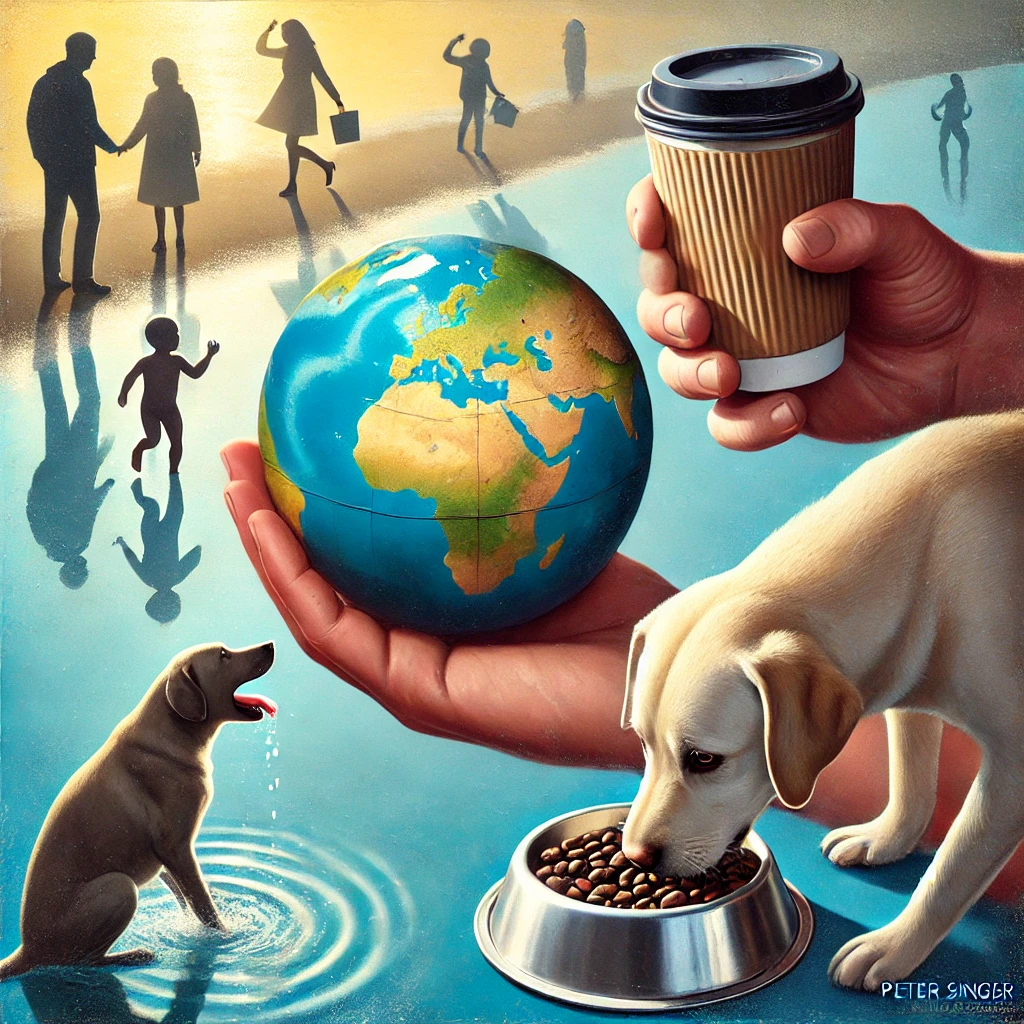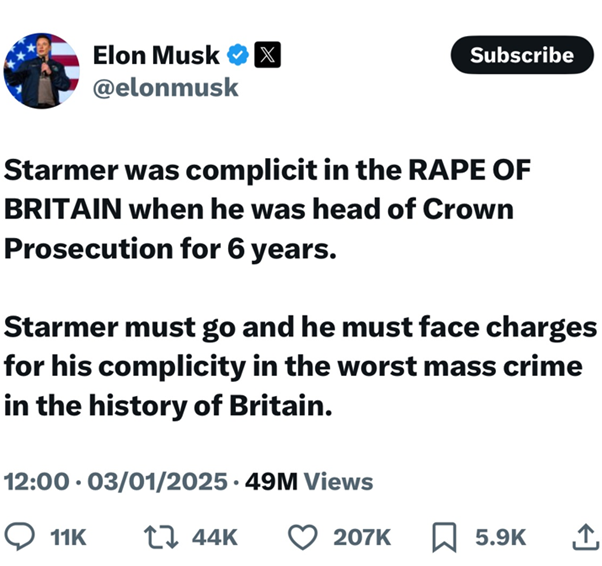Will the economy tank, as I have been predicting in my blogs? Or will it bounce-back? This issue is dominating my thoughts and conversations.
Last week brought us confirmation – as if it was needed – that the economy took a 20% fall in April. The only surprise was that it was only 20%. Of course, some businesses are booming, but the majority have been hit, just as my firm has been. Some sectors have been cryogenically frozen. With our economy heavily dependent on the pursuit of pleasure, with most service jobs furloughed, our economy ought to be permanently poleaxed. A depression – not just a recession – ought to a sure thing.
But then again, as the unfairly named “Project Fear” predicted in the run-up to the EU Referendum, if Brexit was voted through, a recession was bound to occur, so went the argument. I thought as much myself. And although post-Referendum the pound took a pummelling, there was no recession.
Which leads me to the failure of economists: the failure of those who tutored me at university. There are Marxist Economists and we have the Chicago School, with everything in between. Science and medicine do not have such polars. Economists agree on little. Economics simply isn’t a science. What happened historically isn’t often an accurate predictor of what will happen in the future. Economists are educated guesses, at best.
In predicting what should happen, what economists frequently misunderstand is behavioural analysis of the key economic actors: us consumers. People rarely behave as anticipated. The Brexit shock, so the theory went, should have led us to a recession, but that was more of Millennium Bug Moment: the world didn’t end, so let’s get on with our lives. Confidence – the currency of capitalism – was not dented.
Now I’m beginning to wonder whether the opening of non-essential shops yesterday (15 June 2020) – and there were the below queues outside Sports Direct today! – will trigger the most positive multiplier that we have ever seen, spinning us into prosperity.

Perhaps people will think like this:
“We haven’t died! Let’s live for the moment. Let’s spend, spend, spend! We’ve taken one for the team. We’ve played our part. We’ve suffered. Thanks our to collective sacrifices deaths have finally reduced. We’ve won! Let’s party! We’ve got the measure of this beast and we are still here.”
And in so doing, we restart the economy, contrary to all predictions, including my own. Like pulling back a giant elastic band for three months, either the band will snap, or perhaps the recovery will soar. The collapse in GDP wasn’t caused by typical capitalist economic cycle, rather it was a choice we had to make. Perhaps the economic fundamentals are sound.
Of course, economic predictions are notoriously difficult due to the multiple and interconnected factors, but I’ll have another go: the UK economy will bounce back – no-deal Brexit or not – though we may not recover as to where we were in January 2020.


